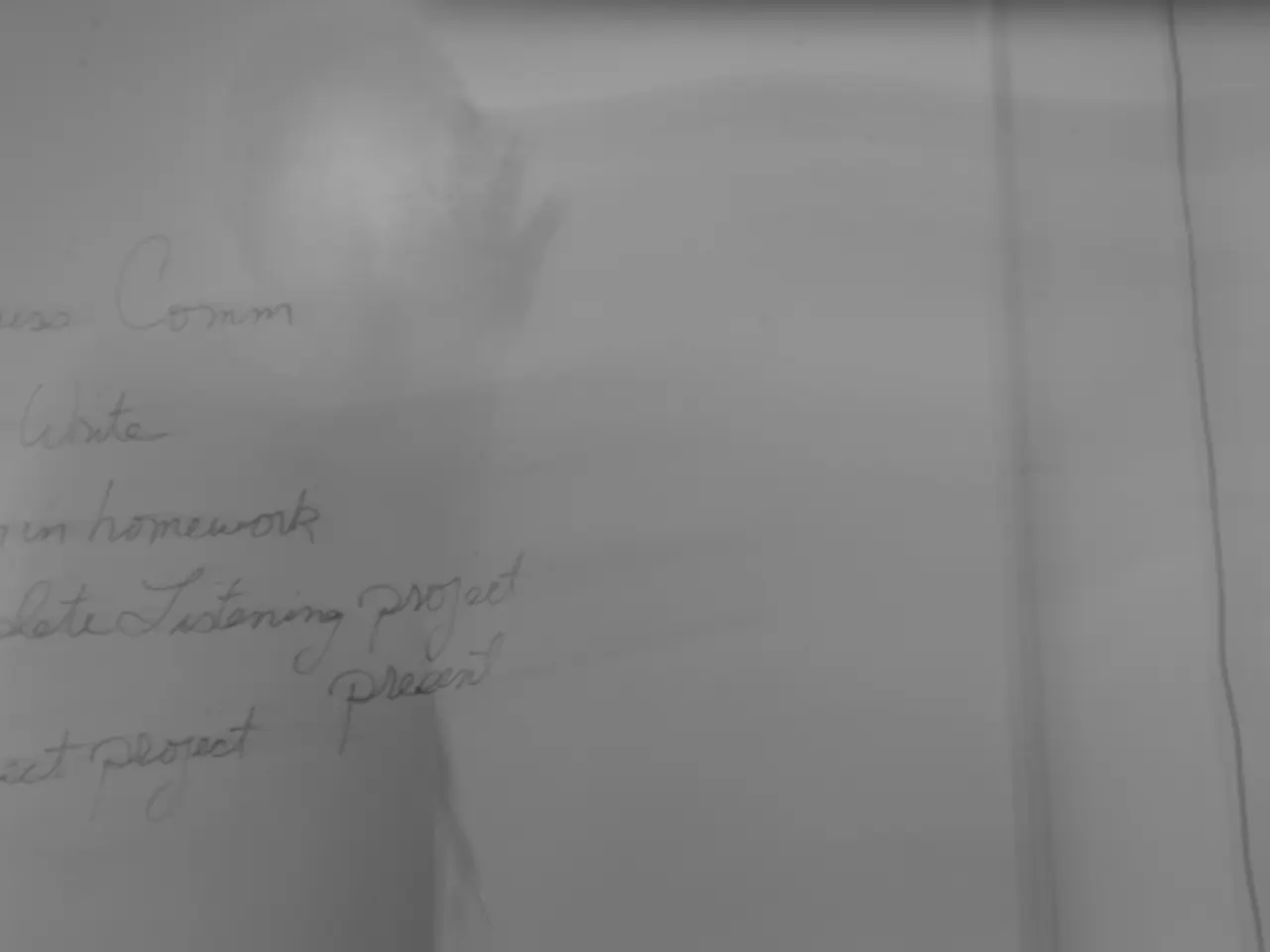Report on Draghi's Vision for Change and Renewal
The European Union (EU) is facing a critical juncture, as it grapples with the need for a robust foreign economic policy to maintain its independence and reduce vulnerability to coercion. This is particularly evident in the abrupt loss of its most important energy supplier, Russia.
Decarbonisation presents an opportunity for Europe, but it also comes with risks. If the EU fails to coordinate its policies, decarbonisation could run contrary to competitiveness and growth. On the other hand, if the EU manages to unite, decarbonisation could shift power generation towards secure, low-cost clean energy sources, fostering growth.
One of the key challenges lies in the high electricity prices EU companies face, which are 2-3 times those in the US. This disparity is a significant barrier to competitiveness.
Another area of concern is increasing security and reducing dependencies. Europe is hugely reliant on imports of digital technology, with 75-90% of global wafer fabrication capacity being in Asia. This reliance leaves Europe exposed to geopolitical risks and dependencies, especially for critical raw materials and digital technology.
The EU's defence industrial capacity is also weak, with the defence industry too fragmented to produce at scale. This is a significant impediment to Europe's ability to increase its defence capacity.
The report identifies three main areas for action to reignite sustainable growth: closing the innovation gap with the US and China, especially in advanced technologies; a joint plan for decarbonisation and competitiveness; and giving Europeans the skills they need to benefit from new technologies.
Technological change is accelerating rapidly, with Europe largely missing out on the digital revolution and productivity gains it brought. To digitalise and decarbonise the economy, the investment share in Europe will have to rise by around 5 percentage points of GDP.
Innovation is blocked at the next stage in Europe: we are failing to translate innovation into commercialisation, and innovative companies that want to scale up in Europe are hindered at every stage by inconsistent and restrictive regulations.
Despite these challenges, there are reasons for optimism. Europe's exporters have managed to capture market shares in faster growing parts of the world, especially Asia. The EU's fundamental values — prosperity, equity, freedom, peace, democracy, and a sustainable environment — remain strong.
To meet the existential challenge of growth and productivity, Europe must radically change. This requires a new stance towards cooperation: in removing obstacles, harmonising rules and laws, and coordinating policies. The EU needs to take a proactive role in shaping its own future, rather than being shaped by external forces.
The European Union plans to finance the required investments in digitalization, decarbonization, and defence capability mainly through an increased and focused budget under the EU multiannual financial framework 2028-2034. These investments support digital tools, clean technologies, and infrastructure upgrades to strengthen European competitiveness, security, and sustainability.
The EU cannot afford to remain stuck in the "middle technologies and industries" of the previous century. It must embrace new technologies and industries to remain competitive on the global stage. The article is available in French and Spanish on le Grand Continent.








